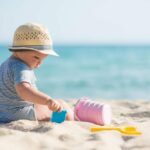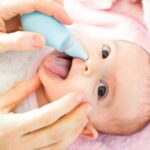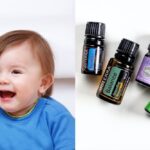As soon as your little one hits their toddler years, they will want everything that you have. That includes a bite of your food. One of your potato chips. It also includes your morning cup of coffee.
While it can be adorable to enjoy a morning cup of coffee with your mini-me, this is not the best idea. Instead, you should wait until your children are much older before letting them drink coffee.
Cultural Differences
While it might not be acceptable for Americans to order their little one their personal cup at Starbucks, this doesn’t ring true for other countries. In fact, toddlers in Scandanavia might drink a cup of coffee.
View in gallery
Those from Latin America are also known to give their children a cup of coffee in the morning. This often raises the question about how old a child should be, as there is almost no evidence to support claims that children will not grow properly if they drink coffee.
If you prefer to go by your culture, remember the saying “when in Rome,” but keep a few other things in mind as well, such as the side effects of caffeine.
Caffeine Is Everywhere
When most people think of caffeine, they imagine a cup of coffee or Mountain Dew. However, caffeine is everywhere. It is in the herbal tea that we give our children when they’re stuffy during the winter.
It’s in the candy bars at the store as it is an ingredient found in chocolate. You can even find caffeine in hot chocolate. Common foods that have hidden caffeine in them include:
- Tea
- Chocolate
- Especially dark chocolate
- Clif bars
- Chocolate muffins
- Chocolate cereal
Coffee, however, is a very strong dose of caffeine when compared to the latter products. It has significantly higher caffeine content.
Caffeine Overdose
Our bodies are much bigger than a child’s, meaning that we can handle larger doses of things, including caffeine. If you do choose to give your little one coffee, it’s important to watch for signs of caffeine overdose.
Signs of caffeine overdose include, but are not limited to:
- Fast or irregular heartbeat
- Panic attack
- Nausea
- Vomiting
- Shaking
- Feeling jittery or anxious
Most people that overdose on caffeine have taken caffeine pills, though. It would take much more than one cup of coffee for a child to fatally overdose from caffeine.
However, if they’re allowed to drink coffee or espresso throughout the day, they may experience some of these effects.
View in gallery
Other Side Effects Of Caffeine
While it’s unlikely that your little one is going to overdose anytime soon, they might still experience side effects from caffeine. Any person of any age can experience side effects from drinking too much coffee.
Some of these include:
- Being more alert
- Being able to concentrate
- Shaking
- Higher temperature
- Faster respirations
- Increased heart rate
- Higher blood pressure
- Anxious feelings
One cup of coffee can be enough to cause these side effects in smaller children as they cannot handle as much caffeine as an adult body can because they’re smaller.
After the side effects of caffeine, it’s possible for a person to drink more coffee and experience more side effects, such as not being able to concentrate, insomnia, and severe headaches.
Long Term Effects
No studies indicate that caffeine can have a drastic long term effect on people in a negative way. The side effects are often short term and will subside as the caffeine leaves the body. Long term effects are somewhat positive.
For example, most people that consume caffeine regularly are less likely to commit suicide, and it is known to improve one’s mood. On the downside, regular caffeine intake can result in caffeine addiction.
That adorable little cup of coffee can turn into a raging toddler with an intense migraine when they don’t have it, which is something none of us want to go through let alone put our children through.
Can Children Under Ten Drink Coffee?
View in gallery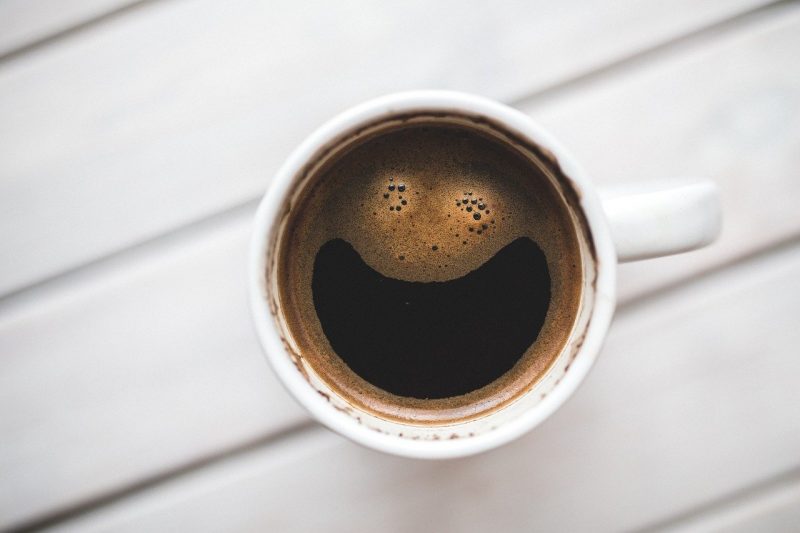
There is no hard and fast rule for whether children under ten can drink coffee. It’s not considered abuse or neglect to give your little one a cup of cappuccino.
However, most parents avoid this to avoid caffeine addiction and to ensure that their children don’t have a childhood riddled with anxiety or feelings of nervousness.
The American Academy of Pediatrics recommends against giving younger children caffeine. If your six-year-old is flat out exhausted, a small cup of coffee won’t hurt them.
However, it’s best not to make it a habit or to make sure that you save it for special occasions.
Can A 12 Year Old Drink Coffee?
While the American Academy of Pediatrics specifically recommends against giving children under the age of 12 caffeine, it does not say a lot about 12-year-olds.
View in gallery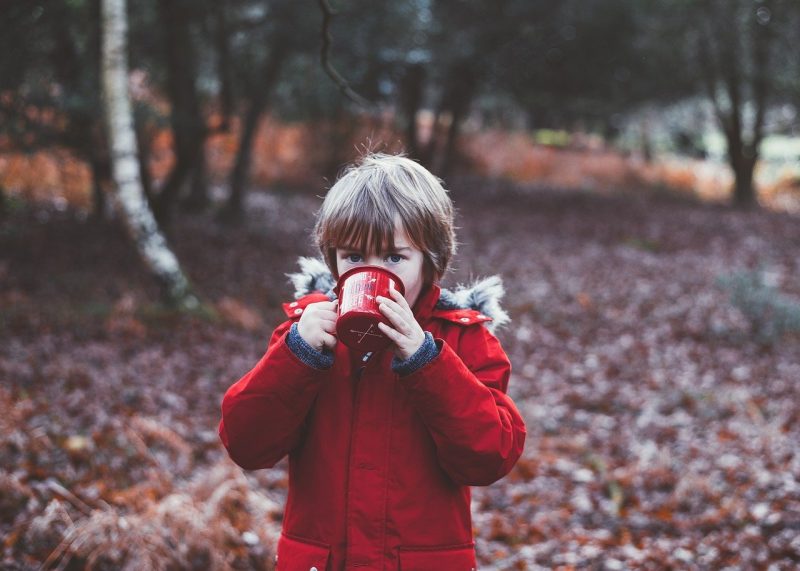
This age is pretty neutral when it comes to coffee. If you do choose to give your 12-year-old a cup of coffee, it’s recommended to stick to one eight-ounce cup of standard coffee.
It should also be noted that some coffee shops, like Starbucks, might have higher caffeine content in some of their drinks than a cup of home-brewed coffee will.
Can A 13 Year Old Drink Coffee?
Yes! At this age, one eight-ounce cup of coffee is fine. It’s not known to cause adverse effects on development.
At this age, it’s important to monitor your child’s caffeine consumption to prevent overdose, which can also happen in adults, and to prevent caffeine addiction.
Can Older Teenagers Drink Coffee?
Teenagers that are older than 13 should follow the same rules that 13-year-olds do regarding coffee. Parents should still monitor their children’s caffeine intake, though.
Parents should also educate their children on symptoms of caffeine overdose, caffeine addiction, and side effects of caffeine.
View in gallery
At this age, kids might drink coffee when they are not around their parents, making it all the more important to educate them on the topic.
What Age Can Kids Drink Coffee?
As a general rule of thumb, think of coffee as an energy drink. Granted, energy drinks have a significantly higher caffeine content than a cup of coffee does, but that high level of caffeine is the equivalent to a toddler drinking a cup of coffee.
Ignore the other ingredients in energy drinks, and, just considering the caffeine content, consider whether you would let your child have that much caffeine.
Most people would not let their 1st grader enjoy a full can of Monster. However, most parents have grimly accepted that their teenager might enjoy an energy drink sporadically.
These are the same rules that you should follow with coffee. To simplify things further, you can follow this age to age guide:
- Under 12- no coffee
- 12-18- limited coffee, and provide education regarding caffeine intake, side effects, and addiction
Decaf Coffee
Most people that want to avoid drinking caffeine or giving it their kids instantly opt for decaf coffee. These seem like a safe solution as you can enjoy your morning cup of caffeine and your child gets none, but not so fast.
According to studies, like the ones mentioned in this article, most decaf coffee does contain at least a small amount of caffeine.
Although the amount of caffeine is so minimal that most children will not develop an addiction, or have adverse side effects, it’s important to note if you’re trying to eliminate or avoid caffeine completely.
This article will give you a complete overview of how much caffeine is common in decaf coffee. It’s not a lot, but it’s worth keeping in mind.
View in gallery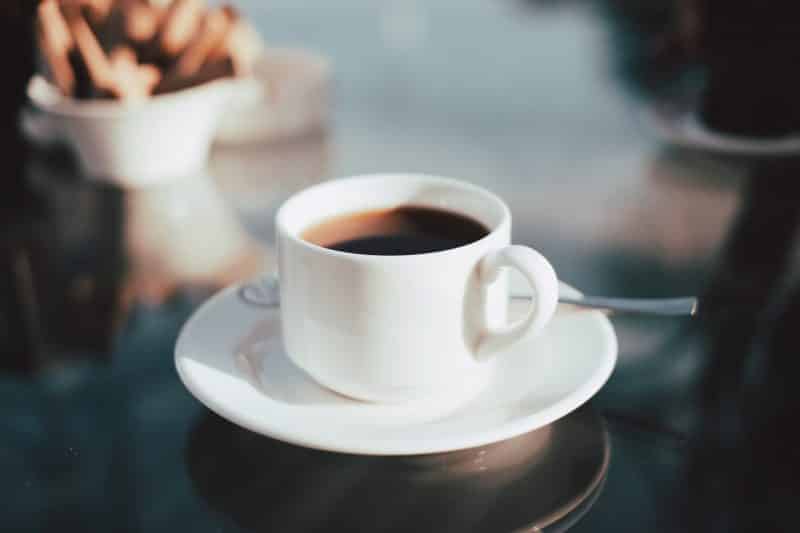
Giving your child coffee in the morning can help them wake up, be more alert for half a day in class, and it can even get them out the door faster in the morning.
In teenagers, it can improve their mood and reduce the likeliness of suicide attempts. However, the side effects of caffeine, such as feeling anxious, headaches and more can instantly make the positive aspects of caffeine not worth it.
Personally, my mother let me drink pop when I was three years old. It turned into a nasty caffeine addiction and several cavities, as well as hundreds of dollars spent at the dentist.
Because of that and the side effects, I never let my children drink coffee or pop until their teenage years, and now it’s limited. My youngest, at six years old, is allowed to have tea, but no coffee, cappuccino, or pop.
I generally ignore the occasional candy bar as it doesn’t have enough caffeine to cause significant side effects in my little one.
When making this decision, remember that it’s not recommended that children under the age of 12 and do what is right for you and your little one. Cultural differences should also be considered if you’re concerned about what is socially acceptable where you live.
